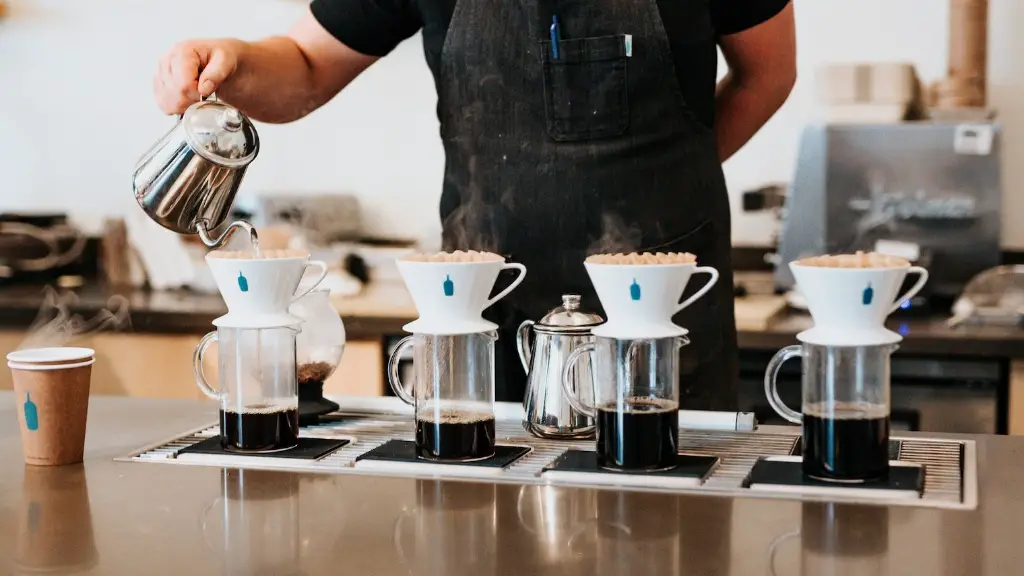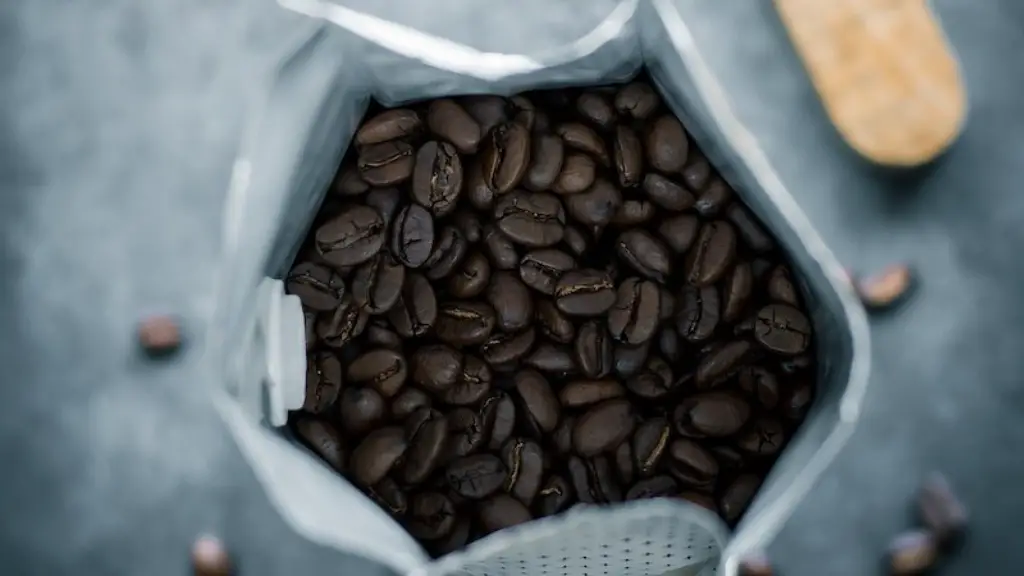The Impact of Coffee on Oral Hygiene
Coffee is consumed every day by millions of people worldwide, but many are unaware of the consequences it can have for oral hygiene. The effects of coffee on tooth staining and decay are not always immediately evident, but the issue of brushing teeth after drinking coffee is something worth considering. In this article we will explore why it is important to consider the time between drinking coffee and brushing teeth and the potential implications of ignoring this advice.
Frequent coffee drinking can lead to an increase in plaque, which can cause staining and decay of the teeth. This is because coffee contains certain compounds that react with the enamel on the teeth. Coffee also contains caffeine which is known to act as an astringent, reducing saliva flow and leaving the mouth in an acidic state, further promoting plaque formation. The longer the time between drinking coffee and brushing teeth, the more time these compounds have to interact with the tooth enamel, leaving it vulnerable to damage.
To prevent this from happening, it is important to brush the teeth shortly after drinking coffee. The American Dental Association (ADA) recommends brushing at least twice a day with fluoride toothpaste, and it is best to wait about thirty minutes after drinking coffee before brushing. This gives the enamel on the teeth time to harden and become less vulnerable to damage.
Dentists urging people to wait before brushing after drinking coffee is not a sign of avoiding oral hygiene. On the contrary, taking time in between consuming coffee and brushing teeth is a part of good oral hygiene. It is a precautionary measure, not an alternative way of taking care of the teeth.
The Impact of Coffee on Tooth Discoloration
Coffee is one of the most popular beverages consumed around the world and it is also one of the most common causes of tooth discoloration. This is because coffee contains acids that can build up on the teeth and cause staining. Though discoloration is more obvious in those who drink coffee regularly, occasional coffee drinkers are also vulnerable to this staining.
Brushing the teeth shortly after drinking coffee can help to prevent discoloration. Waiting thirty minutes before brushing gives time for the plaque to form, which helps to protect the enamel and minimizes the chances of discoloration. In addition, using a toothpaste that specifically tackles staining can be beneficial.
The Impact of Coffee on Cavities
Another important factor to consider when drinking coffee is the impact it can have on the development of cavities. Oral bacteria feed on the coffee in your mouth and this can quickly lead to the formation of plaque, which can then lead to the erosion of the enamel on the teeth. As the enamel is weakened, it allows bacteria to easily penetrate the teeth and this can then lead to the development of cavities.
The ADA recommends brushing the teeth twice a day, and if coffee is consumed it is important to brush as soon as possible after. This prevents the coffee from staying in the mouth for too long and reduces the chances of the development of cavities.
The Impact of Coffee on Gum Health
Coffee can also have an effect on gum health. Coffee stains teeth and erodes the enamel, making the gums more vulnerable to irritation and inflammation. If left untreated, this can lead to a gum disease known as gingivitis. The good news is that brushing teeth soon after drinking coffee can help to reduce the risk of gum disease.
The Overall Impact of Coffee on Oral Hygiene
In conclusion, coffee impacts oral hygiene in numerous ways. From staining and discoloration to cavities and gum disease, it is important to address coffee consumption as part of an effective oral hygiene routine. Brushing the teeth soon after drinking coffee is the best way to reduce the potential damage and promote healthy teeth and gums.
Alternatives to Brushing Teeth After Drinking Coffee
Although brushing the teeth is the best way to protect the teeth and gums from the damage caused by coffee, other alternatives also exist. One such alternative is to use a mouthwash as soon as you finish drinking coffee. This helps to break down the coffee residue in the mouth and can also help to neutralize acids and reduce the effect of coffee on the teeth.
Adequate Hydration
Drinking plenty of water after consuming coffee is also a great way to protect dental health. Water helps to rinse away bacteria and food particles which can prevent the build-up of plaque. Saliva plays an important role in protecting the teeth and drinking water helps to keep the saliva flowing, reducing the risk of tooth decay.
Regular Dental Check-Ups
Finally, it is important to make regular visits to the dentist. This allows the dentist to spot the early signs of any tooth damage caused by drinking coffee and take steps to halt the progress of any potential damage. Regular dental check-ups can help to identify any cavities or discolorations and help to inform an effective oral hygiene routine.


